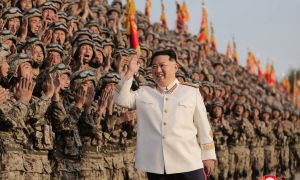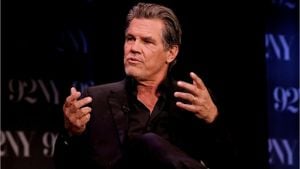Madrasas are facing intense scrutiny in Madhya Pradesh as Chief Minister Mohan Yadav announced the cessation of government grants for these institutions if they promote religious education to students of differing faiths. This directive is part of broader efforts to uphold constitutional provisions aimed at ensuring educational neutrality, particularly under Article 28(3), which restricts religious instruction for non-adherents.
During a recent cabinet meeting, CM Yadav emphasized the serious consequences for madrasas found violating these rules, including potential legal actions and revocation of their recognition. The School Education Department formalized the ban on such practices, responding to concerns raised by the National Commission for Protection of Child Rights (NCPCR).
The government's decision follows alarming reports alleging fraudulent practices where non-Muslim children were falsely registered at madrasas to gain access to government-funded programs. This has raised valid concerns over the ethical treatment of all students and the integrity of educational practices.
To safeguard children's rights, the CM ordered immediate verification of student enrollments, particularly focusing on those receiving government assistance. Any madrasa found compelling these students to partake in religious activities at odds with their beliefs could face severe penalties, and their funding would be cut.
According to official statements, over 2,650 madrasas are registered within Madhya Pradesh, with many receiving annual grants from the government. There are concerns, though, as more than 500 unregistered madrasa operations are reportedly still active, raising the stakes for regulatory oversight.
Critics argue this move is part of a wider agenda to marginalize religious minorities within the education system, leading to fears about the future of inclusive education. The atmosphere is tense, reflecting deep societal divisions exacerbated by political rhetoric surrounding these issues.
On the flip side, supporters of this directive, including government officials, believe it is necessary to uphold the rights of children and prevent any form of coercion based on religious identity. They argue the intent is to maintain educational purity and parental authority, which is enshrined within the rights of the family unit.
Several organizations including human rights advocates have voiced opposition to the new policies, asserting this could lead to intimidation and marginalization of already vulnerable communities. There is an underlying worry about the potential for increased discrimination against non-Muslim students enrolled at these madrasas.
Reports about the treatment of students and allegations of forced participation have been backed by some testimonials from parents claiming their children were used as pawns for increased governmental funding. This investigation could lead to wider educational reforms within the state and set precedents for other areas addressing religious education.
With more developments expected, officials are gearing up for scrutiny, as the regional government seeks to balance between enforcing educational standards and preserving community relations. Educational stakeholders will be closely monitoring these changes and their effects on local communities.
This situation highlights the delicate dance between governance, education, and religious identity, with long-term ramifications for how communities perceive their educational institutions. Clean and fair practices may yet lead to dialogues about educational plurality embedded within Indian society.
Finally, CM Mohan Yadav's approach could lead to necessary discussions on what constitutes appropriate religious education and where the lines should be drawn. This significant policy shift could redefine the interactions between educational authorities and religious institutions going forward.



